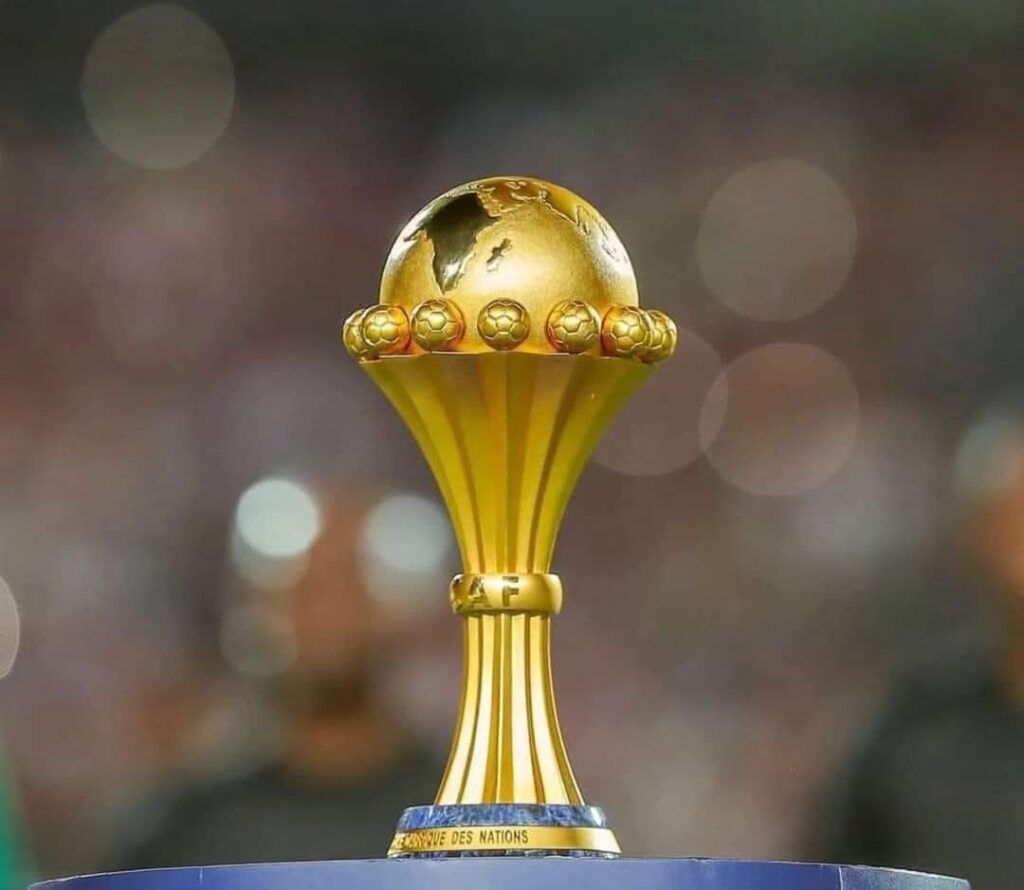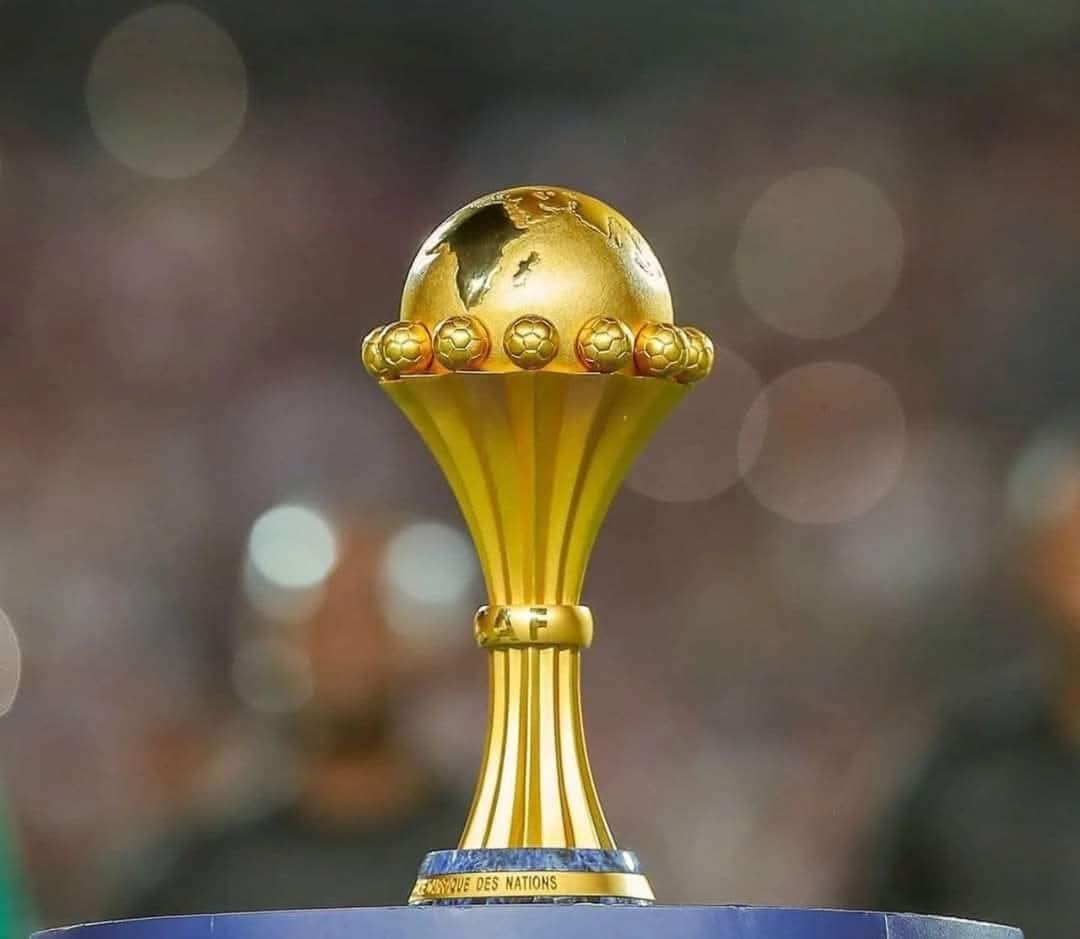Winners of the Africa Cup of Nations
History of the Africa Cup of Nations from 1957 – 2025.
The Africa Cup of Nations (AFCON) is Africa’s premier football competition, showcasing the continent’s best talent and celebrating its rich football heritage. Organized by the Confederation of African Football (CAF), the tournament has grown from humble beginnings to become one of the most prestigious football championships globally. Here is a detailed history of the Africa Cup of Nations.
Origins and Early Years (1957–1970s)
The idea of an African football championship was born in the 1950s when African nations sought to assert their presence in global football. In 1956, CAF was established in Khartoum, Sudan. A year later, the first Africa Cup of Nations took place in Sudan, featuring just three teams: Egypt, Sudan, and Ethiopia. South Africa was disqualified due to its apartheid policies.
- 1957: Egypt won the inaugural AFCON, defeating Ethiopia 4-0 in the final.
- 1959: The second edition was hosted by Egypt, with the hosts winning their second consecutive title.
The tournament initially had no qualification rounds, with participants invited by CAF. However, as more African nations gained independence and joined CAF, the competition expanded.
- 1962: Ethiopia hosted and won their first title, defeating Egypt in the final.
- 1965: The tournament format was revised to include group stages, increasing competitiveness.
The 1970s marked significant growth for AFCON, with the number of participants and interest in African football surging. Notable winners included:
- 1970: Sudan claimed their first title as hosts.
- 1976: Morocco emerged as champions, showcasing North African dominance.
- 1978: Ghana won their third title, establishing themselves as a football powerhouse.
Expansion and Golden Eras (1980s–1990s)
The 1980s witnessed the tournament’s expansion to include eight teams in the finals. This era saw the rise of iconic players and teams that dominated African football.
- 1980: Nigeria hosted and won their first title, with the legendary Segun Odegbami leading the charge.
- 1982: Ghana clinched their fourth title, cementing their reputation as a dominant force.
- 1988: Cameroon, led by the indomitable Roger Milla, secured their second title.
The 1990s heralded further expansion, with the finals growing to 12 teams. This decade also marked the rise of Southern African nations.
- 1990: Algeria won their first title as hosts.
- 1996: South Africa hosted and won the tournament shortly after their re-admittance to international sports following apartheid.
- 1998: Egypt claimed their fourth title, setting a benchmark for consistency.
Modernization and Global Recognition (2000s–Present)
The 2000s saw AFCON evolve into a global spectacle, with increased media coverage and participation. The tournament expanded to 16 teams in the finals, attracting global attention.
- 2006–2010: Egypt dominated, winning three consecutive titles under coach Hassan Shehata. This era saw the emergence of players like Mohamed Aboutrika and Essam El-Hadary.
- 2012: Zambia achieved a fairytale victory, defeating Ivory Coast in a dramatic penalty shootout. The triumph was emotionally significant, as it honored the memory of the Zambian team lost in the 1993 plane crash.
- 2013: Nigeria, under coach Stephen Keshi, secured their third title. Keshi became one of the few individuals to win AFCON both as a player and coach.
The 2010s also highlighted the tournament’s competitive nature:
- 2015: Ivory Coast ended their long wait for a second title, winning under coach Hervé Renard.
- 2019: Algeria, led by Riyad Mahrez, claimed their second title in Egypt.
- 2021: Senegal, under coach Aliou Cissé, won their first-ever title, defeating Egypt in the final.
- 2023: Ivory Coast, under Emerse Fae, won the tournament for the third time, beating Nigeria 2-1 in the final.
- 2025:

Winners of the African Cup of Nations and the Structure
The Africa Cup of Nations features a qualification phase where teams compete for a place in the finals. The tournament is structured with group stages followed by knockout rounds. Over the years, CAF has introduced innovations to enhance the competition, including:
- Expanding the finals to 24 teams in 2019.
- Hosting the tournament in odd-numbered years to avoid clashing with the FIFA World Cup.
Cultural Impact and Legacy
AFCON is more than just a football tournament; it is a celebration of African unity, culture, and talent. The competition has:
- Showcased Talent: AFCON has served as a launchpad for African players to achieve global recognition, including legends like George Weah, Didier Drogba, and Samuel Eto’o.
- Inspired Unity: Despite political and social challenges, the tournament brings together diverse nations, celebrating Africa’s shared heritage.
- Boosted Development: Hosting AFCON has spurred infrastructure development in many African countries, including stadiums and transportation networks.
Conclusion
The Africa Cup of Nations is a testament to Africa’s passion for football and its rich cultural heritage. From its modest beginnings in 1957 to its current status as a global event, AFCON continues to inspire millions, showcasing the resilience, talent, and unity of the African continent. With each edition, the tournament writes a new chapter in the history of African football, leaving an enduring legacy for future generations.

